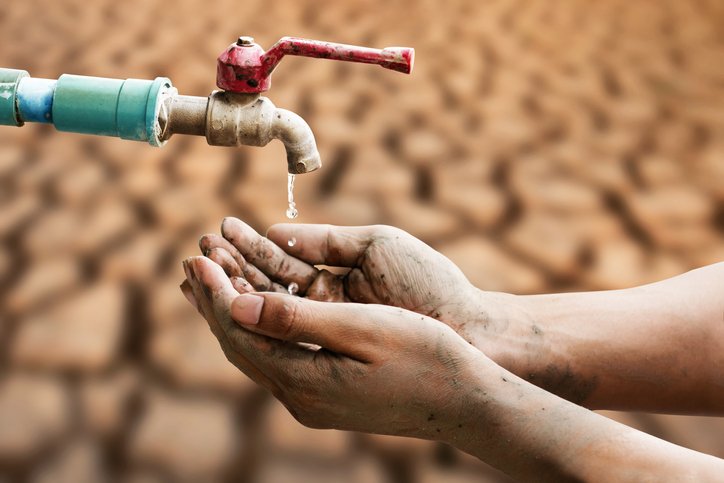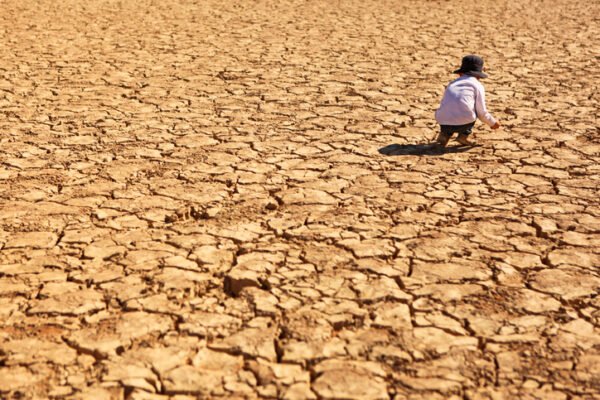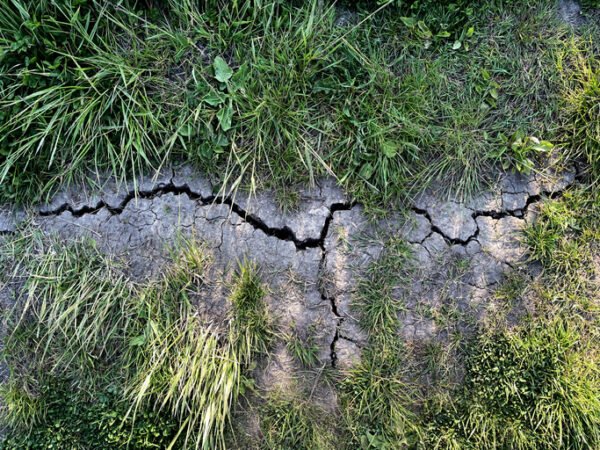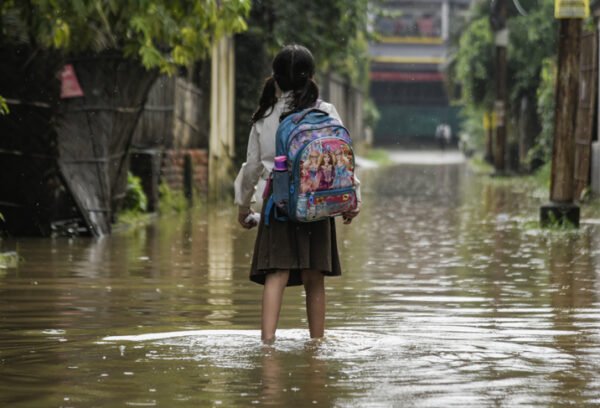At the half-time point of the 2030 Agenda, the science is clear – the planet is far off track from meeting its climate goals.
This undermines global efforts to tackle hunger, poverty and ill health, improve access to clean water and energy and many other aspects of sustainable development, according to a new multi-agency report coordinated by the World Meteorological Organization (WMO).
‘Climate change is here’
Only 15% of the Sustainable Development Goals (SDGs) are on track, says the United in Science report, which makes a systematic examination of the impact of climate change and extreme weather on the goals.
It illustrates how weather, climate and water-related sciences can advance aims such as food and water security, clean energy, better health, sustainable oceans and resilient cities.
The annual report combines input and expertise from 18 organisations. It is issued ahead of the SDG Summit and Climate Ambition Summit at the United Nations General Assembly.
‘2023 has shown all too clearly that climate change is here. Record temperatures are scorching the land and heating the sea, as extreme weather causes havoc around the globe. While we know this is just the beginning, the global response is falling far short. Meanwhile, halfway to the 2030 deadline for the Sustainable Development Goals (SDGs), the world is woefully off-track.’
ANTÓNIO GUTERRES
UN secretary-general
Early Warnings for All
The report shows, for example, how weather predictions help boost food production and move closer to zero hunger.
Integrating epidemiology and climate information helps understand and anticipate those diseases sensitive to climate, while early-warning systems help to reduce poverty by giving people the chance to prepare and limit the impact.
‘At this pivotal moment in history, the halfway mark to achieving the SDGs, the science community stands united in the effort to achieve prosperity for people and the planet.
‘Groundbreaking scientific and technological advances, such as high-resolution climate modelling, artificial intelligence and nowcasting, can catalyse transformation to achieve the SDGs. And achieving Early Warnings for All by 2027 will not only save lives and livelihoods but also help safeguard sustainable development.’
PROF. PETTERI TAALAS
WMO secretary-general
Keeping 1.5 alive
The need for science and solutions is more urgent than ever.
Between 1970 and 2021, there were nearly 12 000 reported disasters from weather, climate and water extremes, causing over 2 million deaths and $4.3 trillion in economic losses.
Over 90% of these reported deaths and 60% of economic losses occurred in developing economies, undermining sustainable development.
Rising global temperatures have been accompanied by more extreme weather. The chance of the annual mean global near-surface temperature temporarily exceeding 1.5°C above pre-industrial levels for at least one of the next five years is 66% and is increasing with time.
‘We are not doing enough’
So far, there has been very limited progress in reducing the emissions gap for 2030 – the gap between the emissions reductions promised by countries and the emissions reductions needed to achieve the temperature goal of the Paris Agreement.
Fossil fuel CO2 emissions increased 1% globally in 2022 compared with 2021 and preliminary estimates from January-June 2023 show a further 0.3% rise.
To get on track to meet the Paris Agreement goals of limiting warming to well below 2°C and preferably 1.5°C, global greenhouse gas emissions must be reduced by 30% and 45%, respectively, by 2030, with carbon dioxide (CO2) emissions getting close to net zero by 2050. This will require large-scale, rapid and systemic transformations.
Some future changes in climate are unavoidable, and potentially irreversible, but every fraction of a degree and ton of CO2 matters to limit global warming and achieve the SDGs, says the report.
 Play Video about This Rock Might Just Save The World
Play Video about This Rock Might Just Save The World Play Video about Play 2 hours of rock
Play Video about Play 2 hours of rock Play Video about Play 2 hours of brook
Play Video about Play 2 hours of brook Play Video about Play 2 hours of sheep
Play Video about Play 2 hours of sheep















































